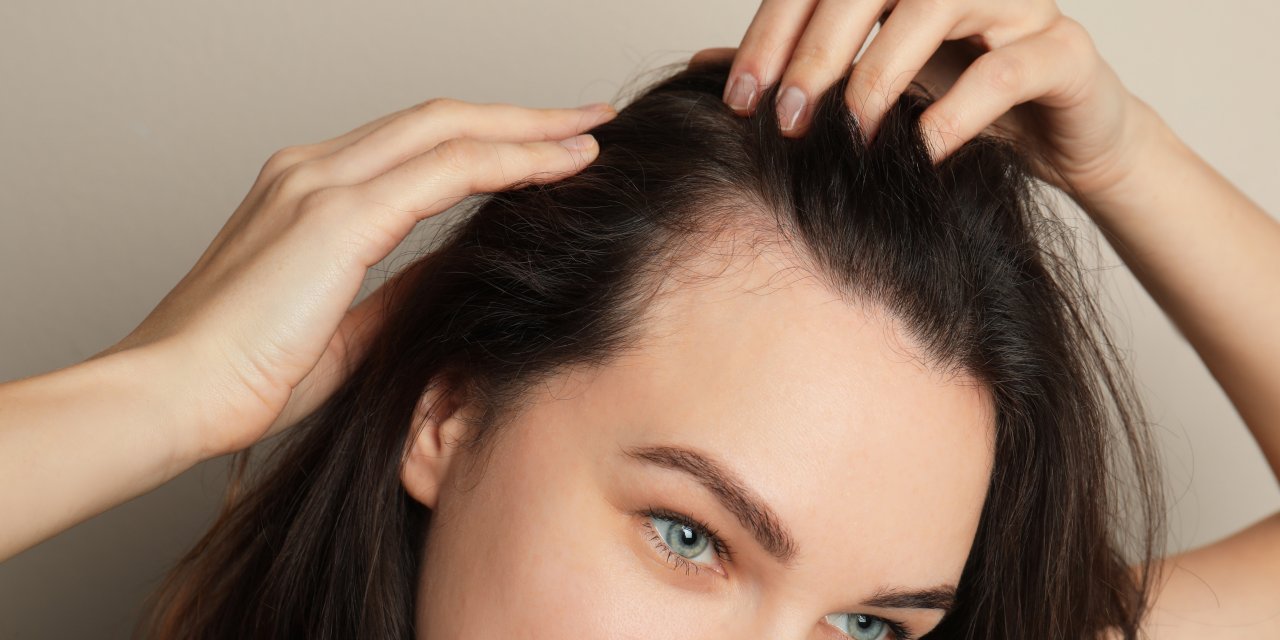Hair loss is a common concern among women, but its underlying causes and manifestations can vary widely. By unraveling the different types of hair loss and their respective triggers, we can better navigate this often distressing condition. In this article, we explore the various types of hair loss in women and the potential factors contributing to each.
Understanding Different Types of Hair Loss and Their Causes
Androgenetic Alopecia
Cause: Androgenetic alopecia is primarily influenced by genetics and hormonal factors. Genetic predisposition and sensitivity to androgens (male hormones) play a significant role in the onset and progression of androgenetic alopecia.
Symptoms: Gradual thinning of hair, particularly at the crown and part line, is characteristic of androgenetic alopecia. Hormonal fluctuations during puberty, pregnancy, or menopause can exacerbate this type of hair loss.
Telogen Effluvium
Cause: Telogen effluvium is often triggered by significant physical or emotional stressors, such as childbirth, surgery, severe illness, or extreme weight loss. These stressors disrupt the normal hair growth cycle, causing more hair follicles to enter the resting (telogen) phase prematurely.
Symptoms: Excessive shedding of hair, typically occurring two to three months after the triggering event, is a hallmark of telogen effluvium. Hair loss is diffuse and may not follow a specific pattern, leading to overall thinning of the scalp.
Alopecia Areata
Cause: Alopecia areata is an autoimmune condition characterized by the immune system mistakenly attacking hair follicles, leading to hair loss. The exact cause of this immune system malfunction remains unknown, but genetic predisposition and environmental factors are believed to contribute.
Symptoms: Alopecia areata presents as round or oval-shaped bald patches on the scalp. Hair loss may occur suddenly and progress rapidly, often accompanied by itching, tingling, or burning sensations.
Scalp Conditions
Cause: Certain scalp conditions, such as seborrheic dermatitis, scalp psoriasis, and fungal infections like tinea capitis, can contribute to hair loss in women. These conditions disrupt the scalp's health and compromise hair follicle function.
Symptoms: Itchy, flaky scalp; redness or inflammation; and hair loss in localized areas are common symptoms of scalp conditions. Treatment typically involves addressing the underlying scalp issue to promote hair regrowth.
Hair loss in women is a multifaceted issue with diverse underlying causes. By recognizing the distinct types of hair loss and understanding their triggers, individuals can take proactive steps towards diagnosis and management. If you're experiencing hair loss or changes in hair density, consult a dermatologist or healthcare professional for personalized evaluation and treatment options.



